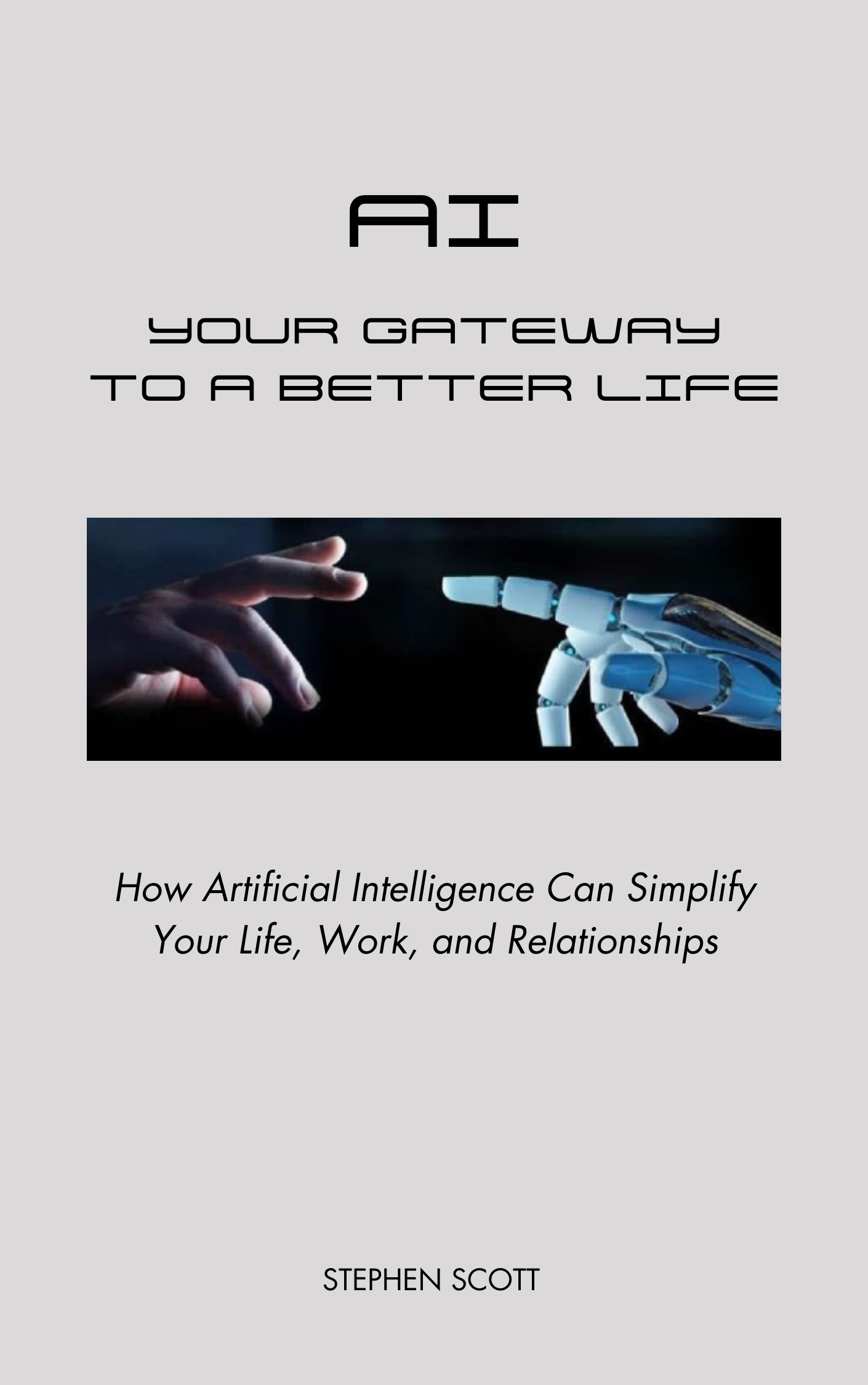As artificial intelligence (AI) continues to evolve, it’s becoming clear that we are standing at the brink of a transformative era. AI is not just enhancing our daily lives; it’s reshaping entire industries, altering how we work, communicate, and solve problems. When I think about the potential of AI to shape our future, I’m both excited and curious about the possibilities—and the challenges that lie ahead.
In this blog, I’ll explore the ways AI is poised to impact the world, from revolutionizing industries to tackling global challenges. Together, we’ll look at what this means for us and how we can prepare for a future driven by AI innovation.
The Current State of AI
AI has already made significant strides in areas like healthcare, transportation, education, and entertainment. From personalized recommendations on streaming platforms to self-driving cars, AI is woven into the fabric of our everyday lives. Yet, these advancements are just the beginning.
The true power of AI lies in its ability to learn, adapt, and solve problems at scales and speeds that far exceed human capabilities.
Key Areas Where AI Will Shape the Future
1. Healthcare Advancements
AI’s potential in healthcare is nothing short of revolutionary. With its ability to analyze large datasets, AI can improve diagnostics, streamline treatment plans, and even predict outbreaks of diseases.
Example: AI algorithms like DeepMind’s AlphaFold have already solved complex biological problems, such as protein folding, which could accelerate drug development and personalized medicine.
2. Transforming Education
AI will revolutionize education by creating personalized learning experiences tailored to individual needs. Virtual tutors, AI-driven learning platforms, and augmented reality will make education more engaging and accessible.
Tip: Imagine AI tools that identify your learning style and adapt content to suit your pace, ensuring a deeper and more effective understanding of any subject.
3. Redefining Work
The workplace of the future will see a shift as AI automates repetitive tasks, enabling humans to focus on creative, strategic, and interpersonal roles. However, this also raises questions about job displacement and reskilling.
Example: AI-powered tools in industries like marketing and finance already handle data analysis, freeing professionals to concentrate on strategy and innovation.
4. Addressing Climate Change
AI can play a significant role in mitigating climate change by optimizing energy use, predicting environmental changes, and managing natural resources more effectively.
Tip: AI systems like IBM’s Green Horizon analyze weather patterns to improve renewable energy production and reduce waste in energy grids.
5. Enhancing Transportation
Self-driving cars and AI-powered traffic management systems will transform how we travel. These technologies promise to reduce accidents, save time, and lower emissions.
Example: Autonomous vehicles are already being tested in major cities, with the potential to revolutionize urban mobility and logistics.
Ethical Considerations in AI
As AI shapes the future, ethical challenges must be addressed. Transparency, accountability, and fairness in AI algorithms are critical to ensuring that these technologies benefit everyone.
1. Bias in AI
AI systems learn from data, and if that data contains biases, the systems can perpetuate and amplify them. Ensuring diverse and inclusive datasets is essential.
2. Privacy Concerns
As AI collects vast amounts of personal data, safeguarding privacy and preventing misuse is a top priority.
Tip: Support organizations and policies that prioritize ethical AI development to ensure these technologies align with societal values.
Preparing for an AI-Driven Future
The integration of AI into society requires adaptation. Here’s how you can prepare for the future:
1. Embrace Lifelong Learning
As AI transforms industries, reskilling and upskilling will be essential. Platforms like Coursera and Udemy offer courses to help you stay competitive in an AI-driven job market.
2. Foster Digital Literacy
Understanding how AI works and its implications will empower you to make informed decisions, both personally and professionally.
3. Advocate for Responsible AI
Engage in conversations about the ethical use of AI and support initiatives that promote transparency and fairness.
The Potential Challenges
While AI holds immense promise, it’s not without challenges. These include:
- Job Displacement: Automation may impact certain industries more than others, necessitating large-scale reskilling efforts.
- Misinformation: AI-generated content, such as deepfakes and fake news, could disrupt trust and societal cohesion.
- Security Risks: As AI becomes more powerful, ensuring it doesn’t fall into the wrong hands is crucial.
The Future is AI-Driven
As we look to the future, it’s clear that AI will be at the forefront of innovation. Its ability to enhance industries, solve global problems, and improve quality of life is unparalleled. By embracing its potential and addressing its challenges, we can ensure that AI serves as a force for good.
Imagine a world where healthcare is predictive, education is universally accessible, and transportation is seamless. This is the future AI promises—a future we can all look forward to.
Conclusion: Shaping a Better Future with AI
AI is not just a tool—it’s a catalyst for change, offering solutions to some of the world’s most pressing problems. By understanding its impact and preparing for its integration into our lives, we can harness its potential to create a brighter, more equitable future.
If you’re eager to explore more ways AI can transform your life and the world around you, check out my book, AI – Your Gateway to a Better Life. Available now on Amazon: https://www.amazon.com/dp/B0DRYPBD9N.

